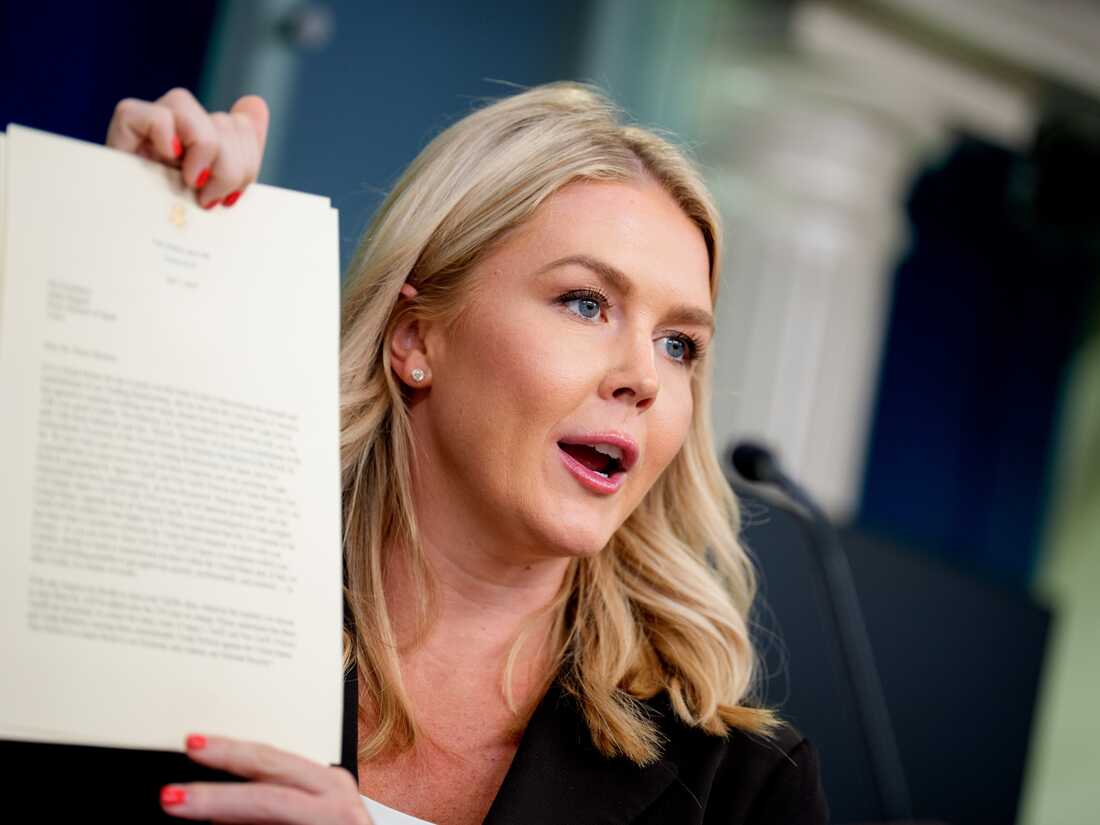
White House press secretary Karoline Leavitt holds up a copy of a letter to Japan, signed by U.S. President Donald Trump, announcing 25% tariffs beginning on August 1st. Andrew Harnik/Getty Images hide caption
toggle caption
Andrew Harnik/Getty Images

White House press secretary Karoline Leavitt holds up a copy of a letter to Japan, signed by U.S. President Donald Trump, announcing 25% tariffs beginning on August 1st.
Andrew Harnik/Getty Images
It’s been over three months since President Trump announced very big across-the-board tariffs on imports from nearly every territory on Earth–including uninhabited islands. It’s a move he said would revitalize the U.S. economy.
Since that splashy White House announcement, the tariff rates have been a wildly moving target. Ratcheted up – then back down – on China, specifically.
Overlaid with global product-specific tariffs on categories like automobiles and copper. Partially paused after the stock market tanked.
Through it all, the tariff rate has remained at or well-above 10 percent on nearly every good imported to the U.S.
And if you’ve listened to NPR’s reporting since April, you’ll have heard many voices make one particular prediction over and over again – that American consumers will pay the price.
If American consumers are going to pay for the tariffs, the question is: when ?
For sponsor-free episodes of Consider This, sign up for Consider This+ via Apple Podcasts or at plus.npr.org.
Email us at [email protected].
This episode was produced by Erika Ryan and Connor Donevan, with audio engineering by Ted Mebane. It was edited by Rafael Nam and Courtney Dorning. Our executive producer is Sami Yenigun.












